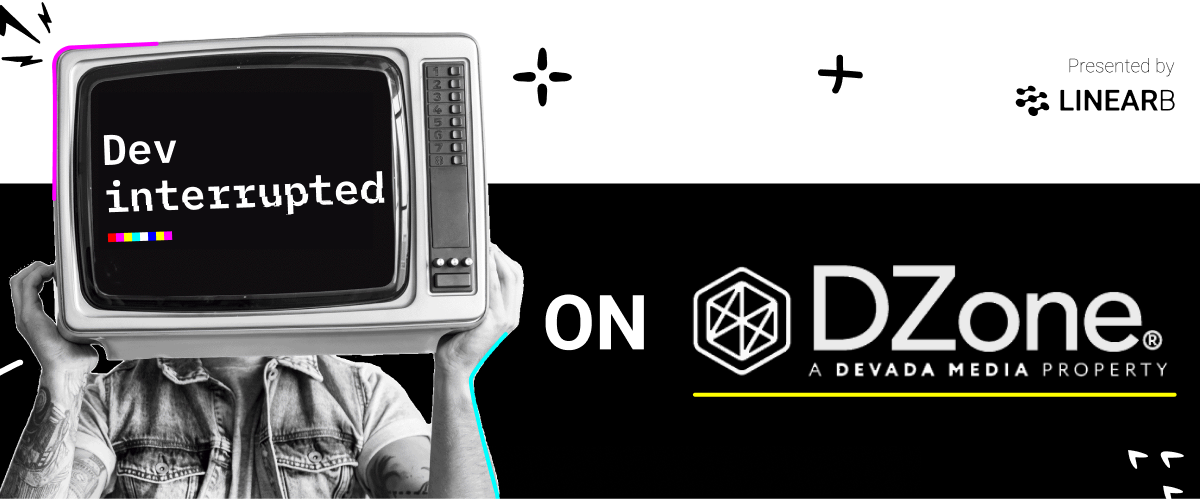Educating the Next Generation of Cloud Engineers With Google Cloud
Dev Interrupted Season 3 kicks off with a conversation with Google Cloud's head of developer media Forrest Brazeal at DOES 2022.
Join the DZone community and get the full member experience.
Join For Free Happy New Year and welcome to Season 3 of Dev Interrupted!
Happy New Year and welcome to Season 3 of Dev Interrupted!
We couldn't think of a better way to kick off Season 3 of the podcast than with the immensely talented Forrest Brazeal.
Not only is Forrest the head of developer media at Google Cloud, but he lists being a writer, speaker, cartoonist, cloud architect, and AWS Serverless Hero among his many accolades.
To top it all off, Forrest is an all around great guy with a passion for education and advocacy. That's why he's working to help educate, train, and develop the next generation of cloud engineers. But he needs your help.
Listen as Forrest explains why so many great engineers get overlooked by companies — and how to stop it.
Episode Highlights
- (1:32) Forrest's "Cloud Bard" title
- (5:07) Google Cloud's future
- (13:45) Building the next generation of cloud engineers
- (19:40) The real reason companies can't find engineers
- (25:03) Steps to "grow" engineers at your org
Episode Excerpt
Forrest: Google Cloud has been predicting that by the year 2025, four out of five enterprise developers, so people that are, you know, not just indie developers developing on their own, but they're in a large corporate context, wherever, right? They're going to be using some form of what we're calling curated open source. Now, that was a new term to me, until pretty recently. And that's because Eric Brewer inside of Google Cloud likes to say that he just made it up. [Chuckles] But, you know, again, that's aren't all terms made up? So here we are, again with that.
But basically, curated open source is the idea that we love open source, we love building, you know, portably, and we love having access to that. But at the same time, look at Log4Shell and other things that happen, we've got these software supply chain dependencies that we need to make sure we secure, right, so it's probably a good idea to have some sort of intermediary layer where these packages are vetted. And we're sure that the open source that we're installing is actually open source that we think we're installed.
Conor: We need security, even if it's an open-source product.
Forrest: Yeah, we need that security, we need to make sure not only that we're installing the package we think we're installing, but that we can see the provenance for that, see where it came from. And so Google is doing this with something called Assured OSS. There's a bunch of packages in that repository. Now it's like 250 Plus Python and Java and other things like that. They'll continue to add to that over time. And there's other partners and people in the ecosystem that are doing that. But the the prediction is wherever you get your open source from, you're gonna get it from somewhere that's got some, you know, layers of dependability and assurance baked into it.
Published at DZone with permission of Conor Bronsdon. See the original article here.
Opinions expressed by DZone contributors are their own.

Comments